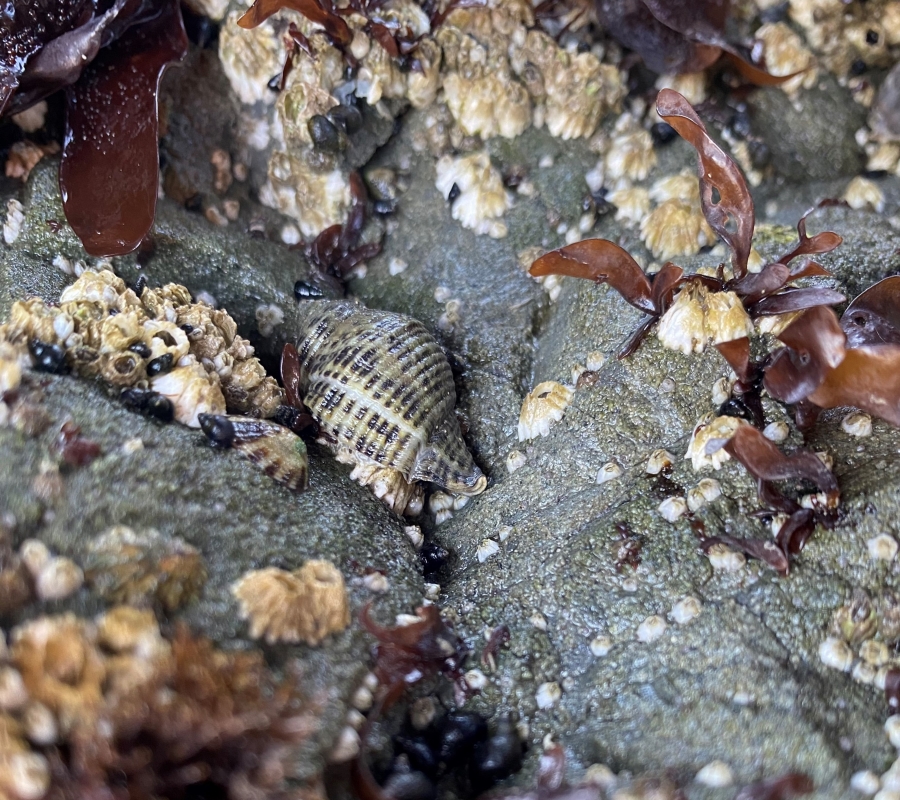WRA’s Bailey McCann Co-Authors Research on the Effects of Climate Change and Marine Predator Species
Congratulations to WRA Marine Ecologist Bailey McCann on publishing her co-authored graduate research, “Will climate warming amplify the effects of a range-expanding marine predator?” The article focuses on the effects of climate change and Acanthinucella spirata, a predatory marine sea snail that has expanded its presence along the California coast.
Abstract
The effects of climate warming on the distribution of range-expanding species are well documented, but the interactive effects of climate warming and range-expanding species on recipient communities remain understudied. With climate warming, range-expanding species may threaten local biodiversity due to their relatively stronger competitive or predatory effects on potentially weakened, or less well-adapted recipient communities. Acanthinucella spirata is a predatory marine gastropod that has expanded its distribution north along the California coast since the Pleistocene via a poleward range shift, tracking climatic warming. To assess whether A. spirata has stronger predatory effects on the recipient community in their expanded range and is better suited to a warming climate than a local predatory snail, we used a combination of field and laboratory studies to examine the feeding activity of A. spirata and the predatory whelk (Nucella lamellosa) on shared prey under ambient and elevated conditions. From field surveys, we concluded that A. spirata is a potential competitive threat to N. lamellosa, due to its high local abundance, overlapping habitat, and shared prey on Cape Mendocino. In the laboratory, we observed that A. spirata was a more efficient consumer of prey than N. lamellosa overall and ate significantly more prey than N. lamellosa under warmer conditions. As climate change continues, environmental conditions will become more stressful for all species; however, range-expanding A. spirata populations may be at a competitive advantage relative to N. lamellosa, as they are more abundant and have higher feeding rates at warmer temperatures than the local whelk.

Click this link to review the article published in Oecologia, an international journal dedicated to innovative ecological research (note full access requires a subscription).




